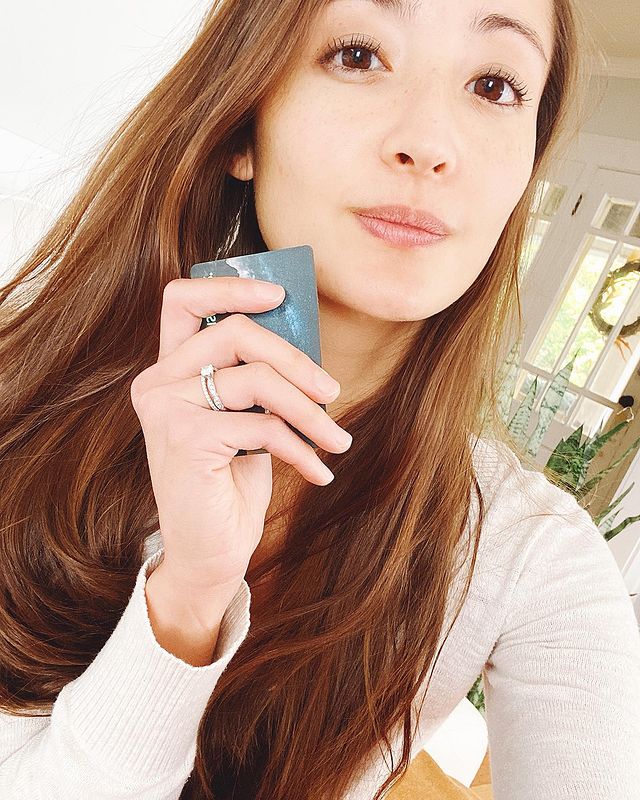Microplastics
How’s that credit card taste?
Like germs, plastics are everywhere. From the plastics you see on a daily basis (ie: bottled water, a Starbucks frappuccino, and cereal in a plastic bag) to the microplastics that we breathe in and ingest (we don't see these), our world is contaminated by these chemicals.
Studies have found that people eat the equivalent of a credit card A WEEK — roughly 5 grams of plastic. 
The effects of microplastics on our health are still being researched, but there is growing evidence in animal studies that microplastics can cross the blood/brain membrane (not good). Microplastics can leach various chemicals such as bisphenol A and phthalates, and accumulate polychlorinated biphenyls (PCBs) in our bodies. These chemicals are known to disrupt hormones, be linked to cancer, weaken immune systems, and cause developmental delays.
Where did these microplastics come from? What can we do about it? Unlike being a Barbie girl living in a Barbie world, we're a plastic people, living in a plastic world (and life in plastic is not so fantastic). Since the 1950s, humans have produced more than 8 million TONS of plastic with less than 10% of those plastics actually being recycled. What happens next is these non-recycled plastics start to slowly break down into smaller particles, infiltrating our lakes, rivers, oceans, and soil, which in turn, contaminates our water and food supplies.
Additionally, tiny plastic fibers and fragments are in the air we breathe as a result of plastic degradation. Also, food that comes packaged or wrapped in plastic ends up contaminated as plastic particles break off into that food that we then ingest.
What are ways you can reduce your plastic consumption? Try to drink water from a filtered tap, as bottled water contains 2 times as many microplastics than tap water (and further promotes plastic bottle production and pollution). Avoid heating foods in plastic wrap or containers, and also avoid or decrease the amount of food stored in plastic containers. Opt for eating more (local) fresh foods rather than processed/packaged foods.
Big picture: cut back your purchase and use of plastic items! Use glass or other non-plastic reusable containers. Voice your concerns to legislators, urging them to encourage and create safer, healthier, and greener options.
Are you shocked that you eat the equivalent of a credit card EACH WEEK? What are ways you can decrease your plastic use and consumption starting today?
Comment below!
for the love of the world + all on it.
x o, rachel
Sources
https://www.washingtonpost.com/health/youre-literally-eating-microplastics-how-you-can-cut-down-exposure-to-them/2019/10/04/22ebdfb6-e17a-11e9-8dc8-498eabc129a0_story.html
